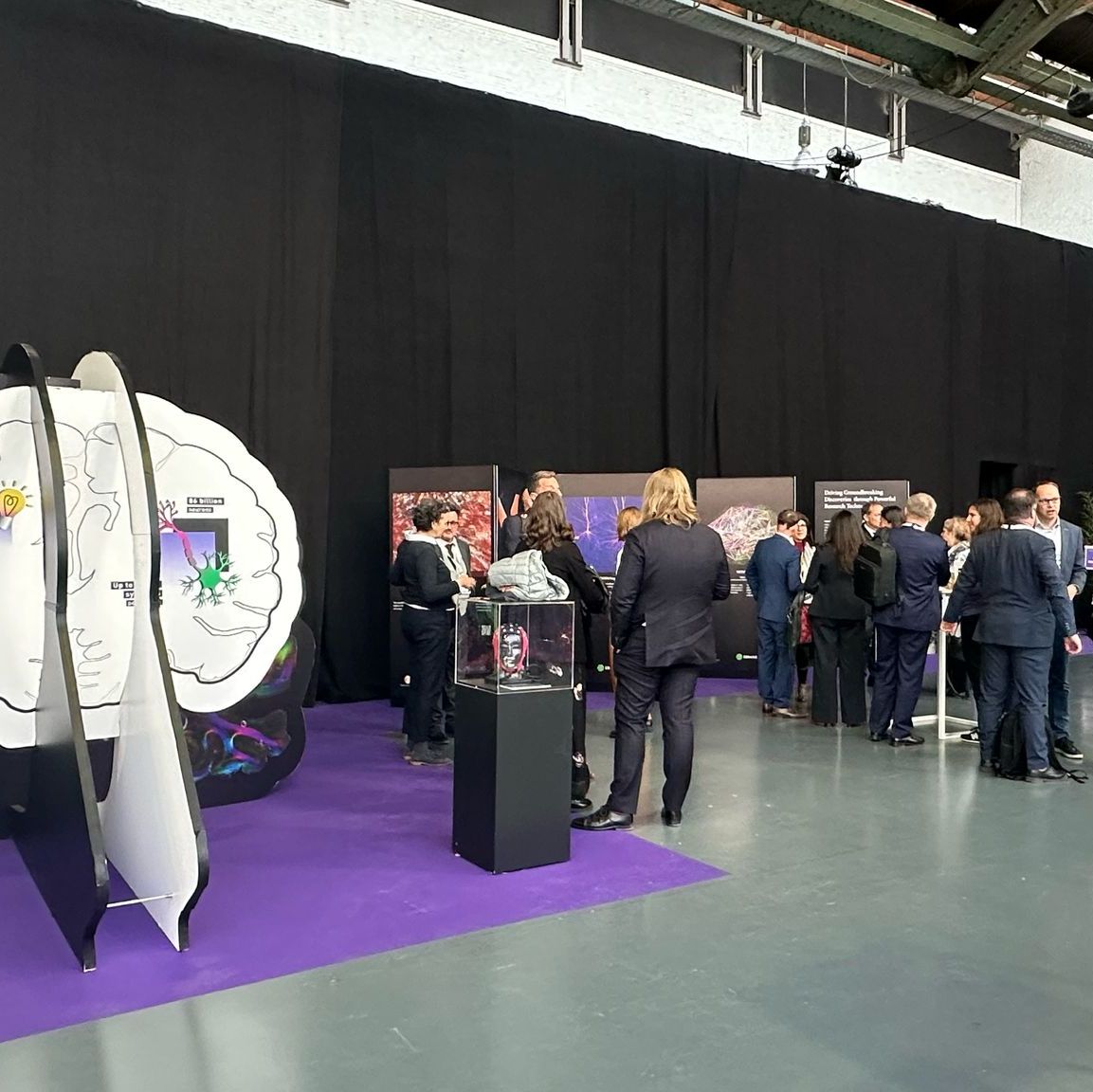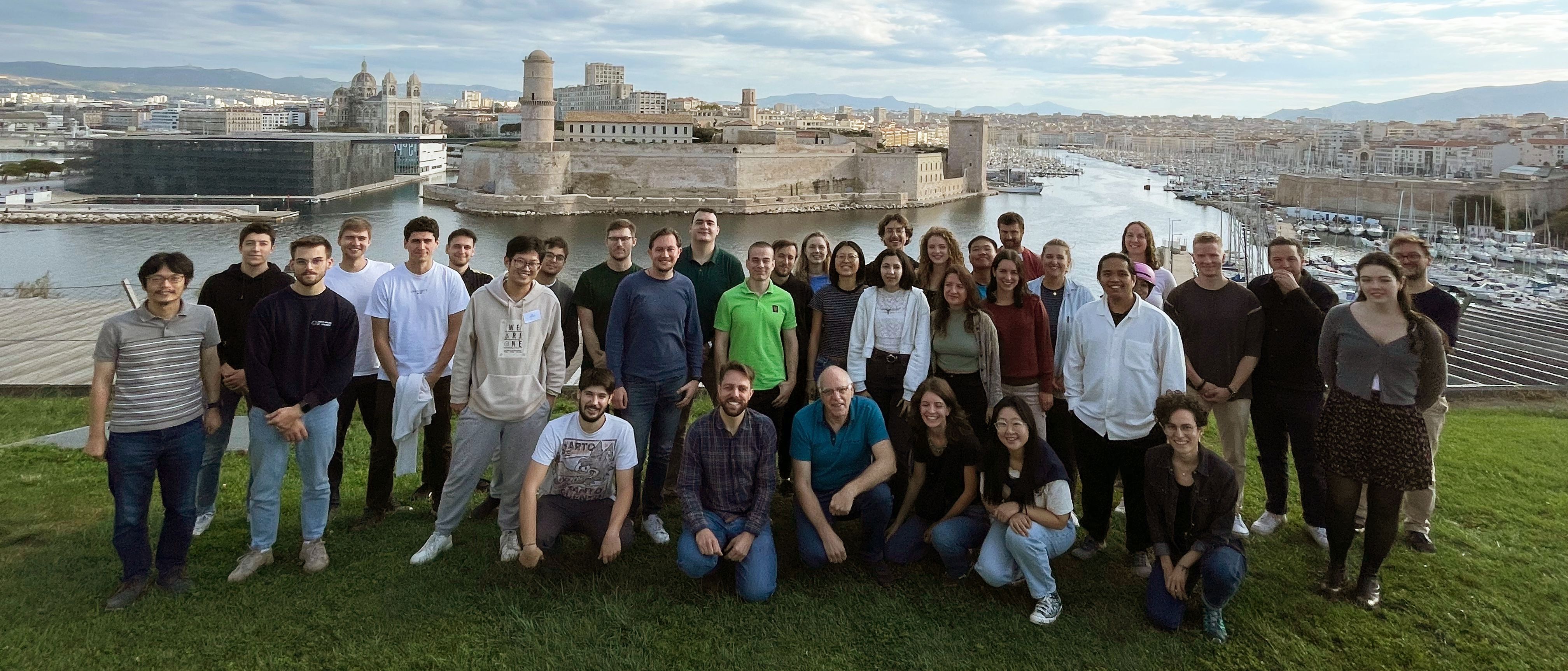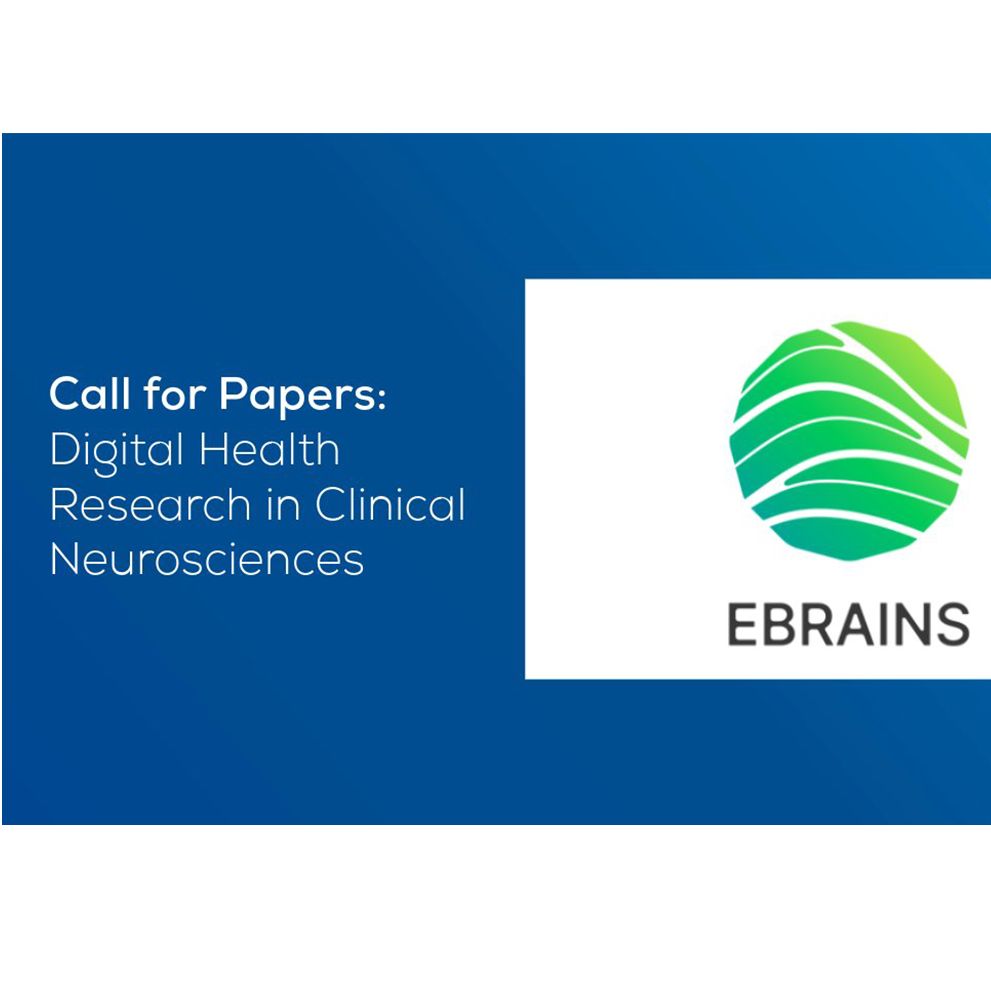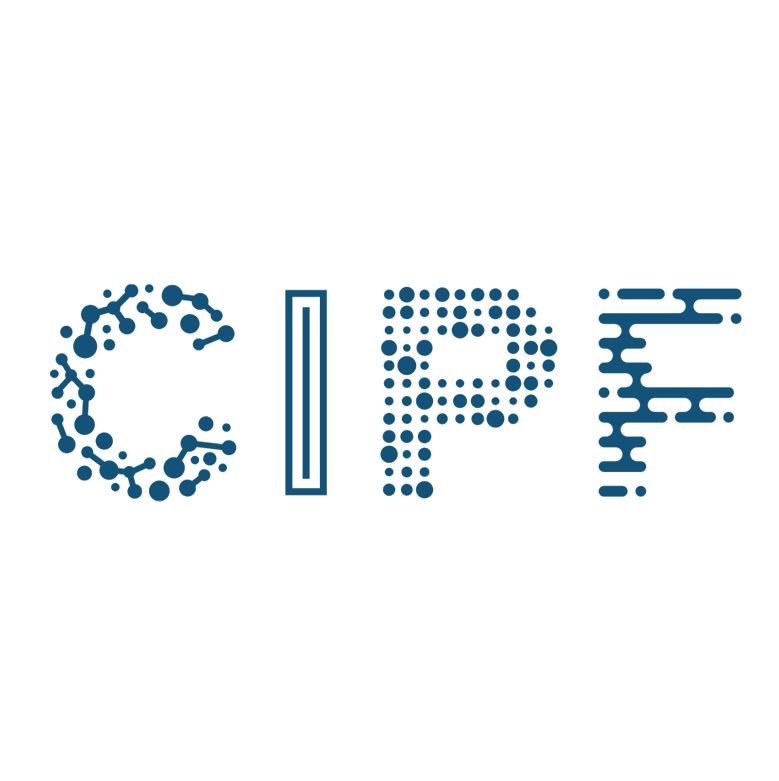
EITN EBRAINS Fall School in Computational Neuroscience 2024 Takes Place in Marseille

Organised with the support of EBRAINS and the NeuroMarseille Institute, the school began at the Jardin du Pharo, hosted by Aix-Marseille Université, and concluded at the Faculty of Medical and Paramedical Sciences, La Timone.
Mornings featured a blend of lectures and tutorials, while afternoons were dedicated to group projects led by four expert mentors. Participants engaged with a wide array of topics, including cellular models, brain signal models, circuit and network models, mean-field models, and whole-brain models, utilising tools and resources provided by the EBRAINS research infrastructure.
Out of 70 talented applicants, 28 participants—18 men and 10 women from 9 countries—were selected to take part in this immersive program, designed to refine their skills in the cutting-edge fields of theoretical and computational neuroscience.
Highlights of the Program
Participants benefitted from engaging lectures covering a range of cutting-edge topics, including single-cell models and brain signals, computational glial cell modelling, virtual brain twins, large-scale brain models with cognitive functionalities, and whole-brain dynamics for fMRI applications. These were delivered by a distinguished lineup of 25 speakers and EBRAINS experts.
The hands-on tutorials provided participants with practical expertise in tools such as Python, NEURON, NEST, The Virtual Brain, and glial modelling. Sessions also introduced advanced techniques, such as model inversion and navigating the EBRAINS environment, equipping participants with a robust skill set for their research.
Afternoons were devoted to collaborative project work, where students brainstormed and developed innovative approaches alongside their mentors. The program culminated in group presentations, where participants showcased innovative approaches and models in computational neuroscience.
A Collaborative Success
The EITN-EBRAINS Fall School was a great success, thanks to the contributions of its co-organisers, speakers, tutors, and participants. The event fostered lively discussions, forged new collaborations, and provided a platform for advancing the field of computational neuroscience.

Hands-On Tutorials:
Mastering Python for Scientific Computing – Viktor Sip
Modelling with NEURON and NetPyNE – Valery Bragin
NEST – Barna Zajzon
The BRIAN2 simulator – Marcel Stimberg
Simulating with The Virtual Brain – Chloé Duprat and Borana Dollomaja
Glial Modeling – Iiro Ahokainen
Inference Techniques for Model Inversion – Nina Baldy
Exploring the EBRAINS Environment – Katja Zossimova
Engaging Lectures:
Single Cell Models & Brain Signals – Michele Migliore
Computational Glial Cell Modeling –Marja Leena Linne
Virtual Brain Twins – Viktor Jirsa
Data Processing to Cognition Using the EBRAINS Jupiter Lab - Andrea Brovelli
Insights on Scale Integration and Level of Description for Various Model Applications - Damien Depannemaecker
Towards Large-Scale Brain Models with Cognitive Functionalities – Jorge Mejias
Model-Based Analysis of Whole-Brain Dynamics: Application to fMRI for Cognition and Neuropathologies – Matthieu Gilson
Mean-Field Models of Neuronal Populations – Alain Destexhe,
Mean-Field Approaches to Neural Oscillations - Matteo Di Volo
Lecture on Mean-Field Theory - David Dahmen
Bifurcation Analysis for Neural System – Marisa Saggio
Neural Circuits Dynamics – Xiao-Jing Wang
Multiscale Brain Modelling: Toward Brain Digital Twins – Egidio D’Angelo
Virtual Brain for Epilepsy and Beyond - Huifang Wang
Linking Brain Structure with Function: Normalized Connectome and Virtual Aging Brain – Spase Petkoski
Virtual Brain Prototype – Rej Meti
Modelling Electric Brain Signals (and Stimulation) – Gaute Einevoll
Dynamics of Brain Networks and their Applications in Research – Anno Kurth
News & events
All news & events- News04 Apr 2025

- News03 Apr 2025


- News21 Mar 2025
